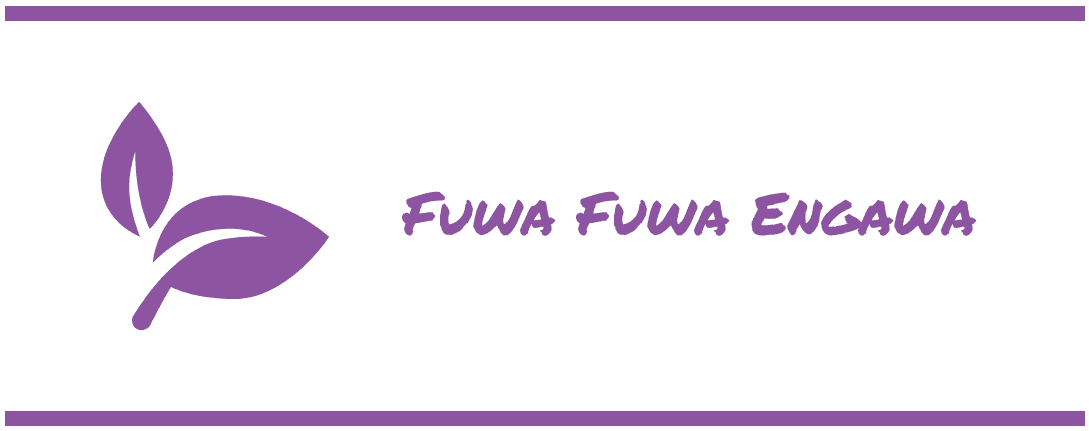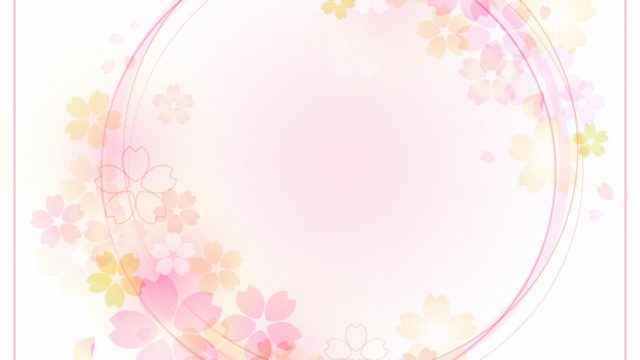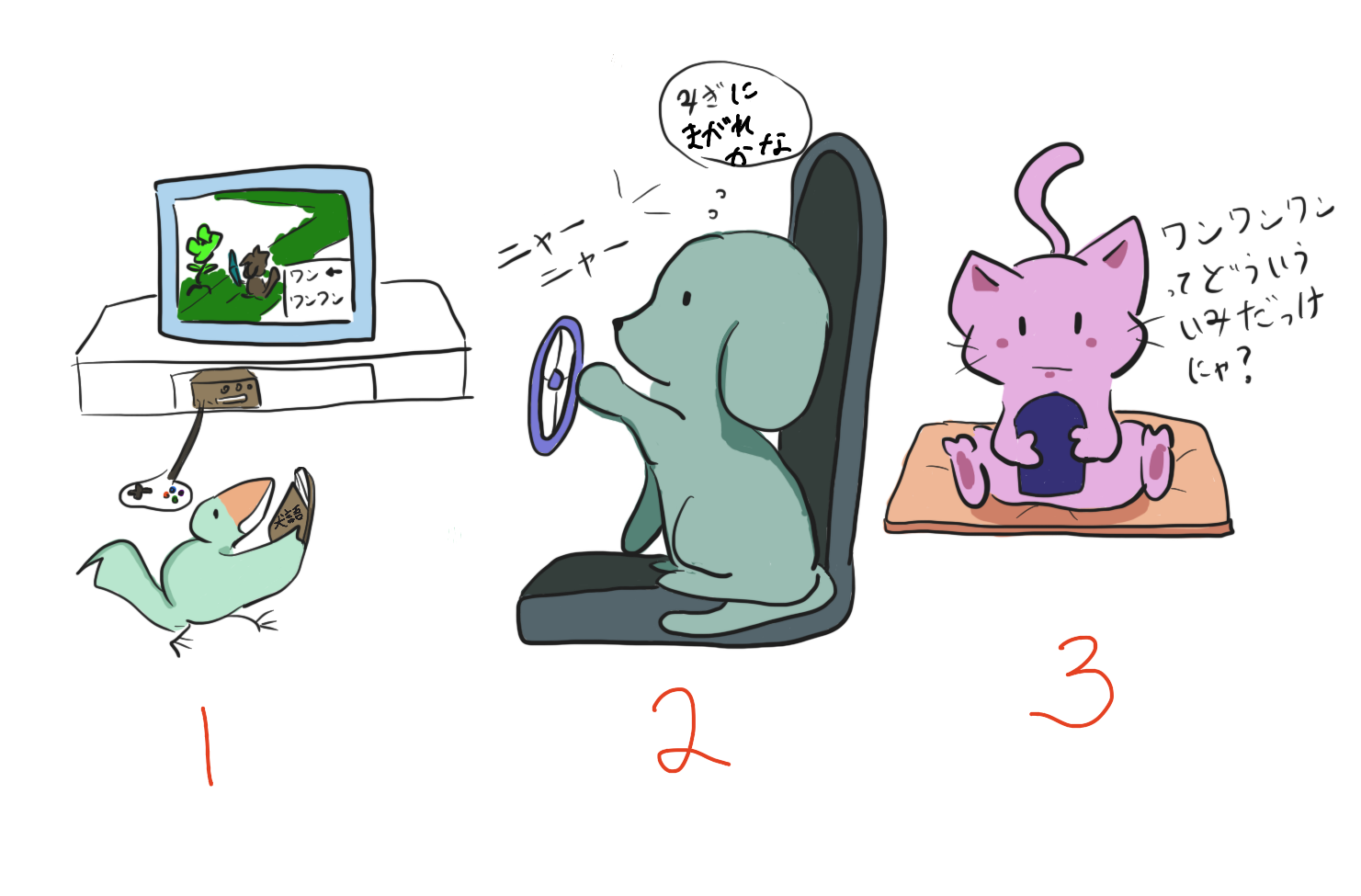Do I mind sounding like a foreigner?
Ask yourself: Do I mind sounding like a foreigner?
If yes, then you need to study pitch accent. You won’t “just pick it up.”
If no, then it’s OK if you don’t. Continue on as usual.
It’s as simple as that!
If you can imagine yourself 5 to 10 years later speaking great Japanese with an obvious accent and the thought legitimately doesn’t bother you, then you can ignore pitch accent. Otherwise, make it your best friend.
It’s a common misconception that you’ll just pick it up naturally from living in the country or listening to audiobooks. There are learners who have lived in Japan for years and have no idea what pitch accent even is. And the result is exactly what you’d expect: their Japanese is amazing but they have an obvious accent.
If you want to get as close as possible to sounding like a native, the time to learn correct pronunciation of a new word is when you are actively studying it. Don’t get me wrong, shadowing and listening go a long way! But that’s after you know what to listen for, and learning the correct pitch accent for each word is how this is done.
Shadowing and listening then not only reinforce what you have learned, but can teach you how to sound more like a native at the sentence level. It’ll be much easier to take in because your brain is no longer busy contending with the pronunciation of each word on its own.
My Opinion
Pitch accent takes a bit of getting used to at first, but once you’ve grasped it, you’re in the best place you can be for the rest of your language journey.
Thanks to all of the 2 seconds it takes to check the pitch accent of a word you come across, you’ll have it correctly stored in your head for the rest of your life. Apply that to the thousands of words you’ll eventually learn, and you’ll see that it wasn’t so hard after all to get this right. All because you decided to learn it right the first time.
I’m Intermediate/Advanced. Is it too late for me?
NO. If you’re an intermediate or advanced learner and have neglected pitch accent up until now, I feel you. I was in the same boat. But you can catch up. It’s absolutely doable if you’re patient. Start now and you’ll improve before you know it.
This site will be your life savor. It’s called OJAD: Online Japanese Accent Dictionary. It has a very useful search: http://www.gavo.t.u-tokyo.ac.jp/ojad/search
It lists the pitch accent of not only nouns, but conjugated verbs. Conjugated verbs have predictable pitch accent patterns, so don’t be overwhelmed when you look at this. It’s not as hard as it looks.
The best thing about it is that you can choose the part of speech and accent type for the words you want to display. For example, if I wanted to review group one verbs that all have an accent on the first mora, I would pick “Group 1” and “initial-high (Type 1) from the list and click “search.”
Play around with this. Stay with the same list for a while and keep reviewing it while you’re waiting for a bus or riding the train.
This site doesn’t have a lot of difficult words, but that works in your favor. You can concentrate on the simple, easy words you already know.
Don’t forget to change your approach to learning vocabulary. When you come across a new word in your studies, don’t just guess at the pronunciation or assume it’s flat. Remember that there’s no way to know how to pronounce a word without looking it up. Except for verb conjugations, which have predictable patterns, pitch accent is arbitrary. So look it up. I like to use the スーパー大辞林 (だいじりん) dictionary.
About “Correct” Pitch Accent
Depending on the dialect, there may be more than one way of pronouncing a word, but don’t let that get to you. Some people hear this and decide that pitch accent doesn’t matter after all, but remember that to speak like a native, your pitch accent must be consistent within that dialect. Not just any pronunciation will do.
The pitch accent you see in dictionaries is considered standard and what I recommend focusing on. Japanese people studying to be NHK announcers strive to sound like this when they talk.
If you see more than one acceptable pitch accent listed for a word in the dictionary, that’s where things can get a bit frustrating. Thankfully, it doesn’t happen very often. It would be nice to see which pitch accent is used more overall, but I don’t know of any source that gives this information. Just pick one and stick with it until you hear it used somewhere (friend, video game, television program, audiobook, etc.) and if you keep hearing it pronounced one certain way, adopt it.
After you have the standard pitch accent down, it’ll be that much easier to hear other dialects and even learn them too, if you’re interested.
Summary
To sum up this post:
- Without learning pitch accent, you will develop an obvious foreign accent.
- Shadowing and listening should not be your primary method of learning pitch accent. They are good for reinforcing the pitch accents you already know for each word so that you can correct any minor pronunciation mistakes and focus on natural intonation at the sentence level.
- Except for verb conjugations, pitch accent is arbitrary. You need to look it up for each and every single word and memorize it.
- You should learn a word’s pitch accent at the same time you learn its meaning.
- It’s never too late to correct your pitch accent.
- Unfortunately, it’s difficult to find dictionaries that list pitch accent. スーパー大辞林 is the best I know.
Good luck!








Good to know! I have a Q: What made you name the title ‘Engawa’?
Thanks for your comment!
I love Japanese architecture and the engawa is one of the parts of a Japanese house I especially love. Relaxing while sipping tea and looking out at a beautiful garden is my idea of heaven!
Wow! This is very interesting and informative blog!
I can’t wait for the next article!
Thank you so much!! If there’s anything in particular you’re interested in reading about, feel free to say so!
Why don’t you come to my Engawa and enjoy my garden?
Japanese Patch Accent? Hmm…It is not necessary for me…